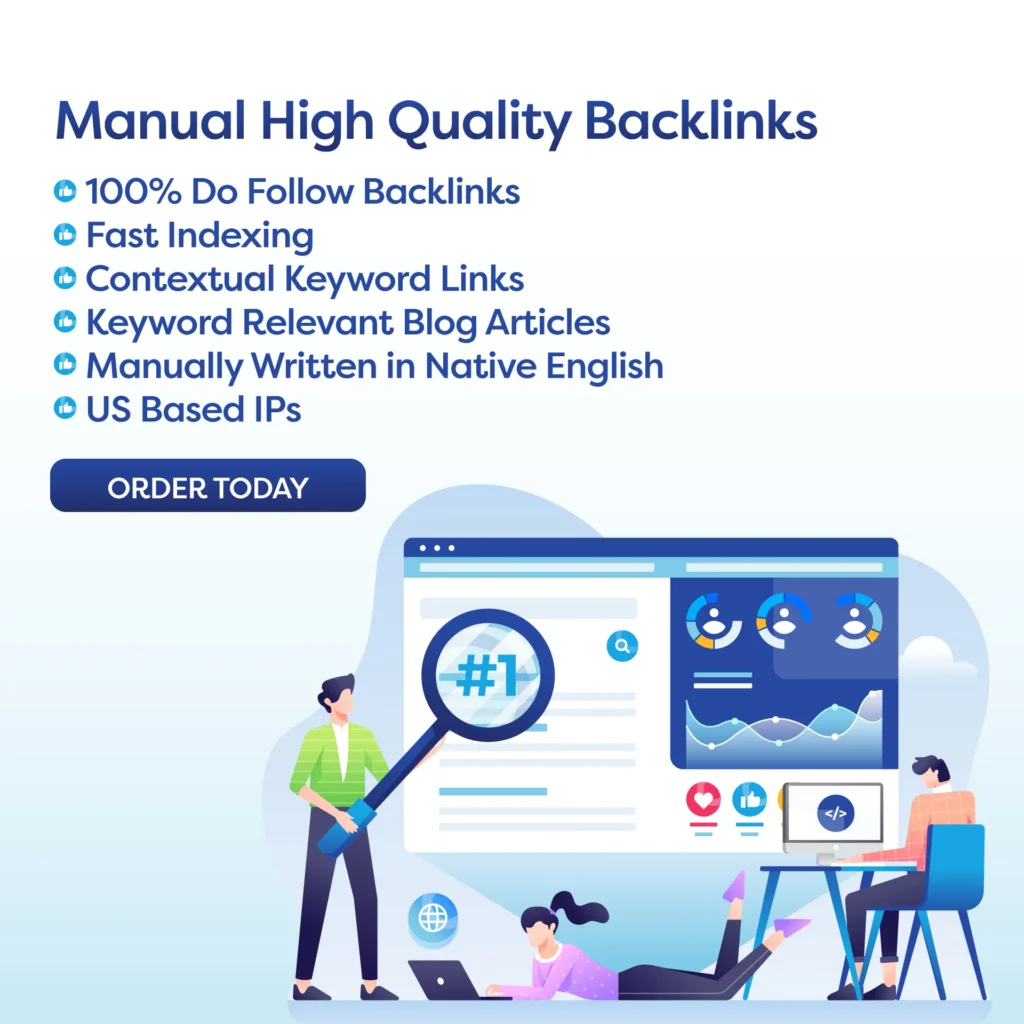Website Speed: Make Your Site Fast and Furious
Introduction
In today’s fast-paced digital age, speed is everything. This is especially true when it comes to website performance. With the rise of mobile usage and the growing expectations of internet users, having a fast-loading website is crucial for success. Not only does it provide a better user experience, but it also plays a significant role in search engine optimization (SEO). In this article, we will explore the importance of website speed optimization and how you can make your site fast and furious.
The Importance of Website Speed Optimization
When it comes to websites, speed matters. In fact, studies have shown that a one-second delay in page load time can lead to a 7% reduction in conversions. This means that if your website takes too long to load, you could be losing potential customers and revenue. Additionally, website speed is a key factor that search engines like Google consider when ranking websites. A slow-loading website can negatively impact your search engine rankings, making it harder for users to find your site and decreasing your online visibility.
Factors Affecting Website Speed
There are many factors that can affect the speed of your website. Some of the most common ones include:
1. Large Image Size
Images are an essential element of any website, but large image files can significantly slow down your site’s loading time. It is crucial to optimize your images by compressing them without sacrificing quality. This will help reduce the file size and improve your website’s speed.
2. Poor Hosting
The hosting provider you choose has a significant impact on your website’s performance. If your hosting provider’s servers are slow, your website will also be slow. It is essential to invest in a reputable hosting provider that offers fast loading times and reliable service.
3. Too Many Plugins and Scripts
While plugins and scripts can add functionality to your website, they can also slow it down. It is crucial to regularly review and remove any unnecessary plugins and scripts to improve your site’s speed.
4. Unoptimized Code
The code used to build your website can also affect its speed. Bloated or unoptimized code can slow down your site’s performance. It is important to have clean and efficient code to ensure your website runs smoothly and quickly.
How to Optimize Your Website Speed
Now that you understand the importance of website speed optimization let’s explore some ways to make your site fast and furious.
1. Compress Images
As mentioned earlier, compressing images is an effective way to reduce your website’s load time. There are several tools available online that can help you compress your images without compromising their quality.
2. Leverage Browser Caching
Browser caching allows a user’s browser to store website data, such as images and scripts, for future use. This reduces the number of requests a browser needs to make, thus improving your website’s speed. You can implement browser caching by adding code to your website’s .htaccess file.
3. Minify Code
Minifying your code involves removing unnecessary characters, such as spaces and comments, to reduce file size. This can significantly improve your website’s speed, especially for larger websites with a lot of code.
4. Use a Content Delivery Network (CDN)
A CDN is a network of servers located in different geographic locations that store and deliver website content to users based on their location. This not only reduces the load on your website’s server but also improves the speed for users in different regions.
5. Optimize Your Website’s Design
Simplifying your website’s design can also improve its speed. Avoid using too many animations, videos, and other features that can slow down your site. Stick to a clean and minimalistic design for a faster loading time.
Conclusion
In today’s competitive digital landscape, having a fast and efficient website is crucial for success. Not only does it provide a better user experience, but it also plays a significant role in SEO. By following the tips mentioned in this article, you can optimize your website’s speed and ensure it is fast and furious for your users. Remember, speed is key, so don’t neglect this essential aspect of your website’s performance.
